Chemistry

Educators and Parents, Sign Up for The Cheat Sheet
Weekly updates to help you use Science News Explores in the learning environment
Thank you for signing up!
There was a problem signing you up.
-
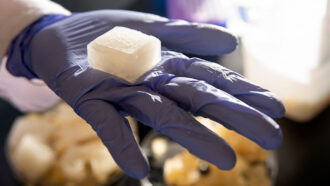 Chemistry
ChemistryCould reusable ‘jelly ice’ cubes replace regular ice?
These hydrogel “jelly ice cubes” are made mostly of gelatin and water. They won’t melt, even when thawed, and may provide new food cooling options.
-
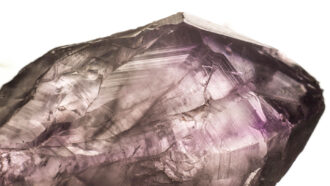 Chemistry
ChemistryScientists Say: Silicon
The chemical element silicon is used to make everything from bricks to cookware to electronics.
-
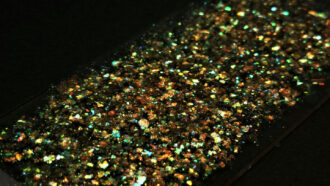 Materials Science
Materials ScienceThis glitter gets its color from plants, not a synthetic plastic
In the new material, tiny arrangements of cellulose reflect light in specific ways to create vibrant hues in an environmentally friendly glitter.
-
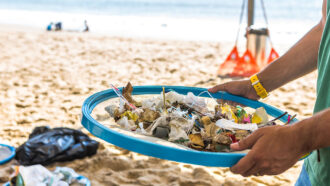 Environment
EnvironmentA new way to make plastics could keep them from littering the seas
Borrowing from genetics, scientists are creating plastics that will degrade. They can even choose how quickly these materials break down.
-
 Life
LifeScientists Say: Experiment
An experiment is a set of procedures to learn about the world — and an important part of the scientific process.
-
 Tech
TechScientists find a ‘greener’ way to make jeans blue
When coated onto jeans, a plant-based polymer reduces water and cuts the amount of toxic chemicals needed.
By Shi En Kim -
 Chemistry
ChemistryChemistry solves a French royal mystery
Ink analysis reveals the hidden words of Marie Antoinette's letters and who tried to hide them.
-
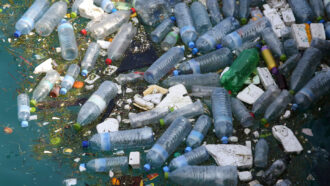 Environment
EnvironmentEveryday plastics can pollute, leaching thousands of chemicals
Plastic bags and containers leach potentially toxic chemicals into both food and water, but researchers yet don’t know how they might affect health.
-
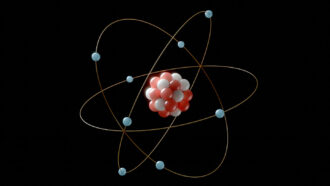 Chemistry
ChemistryScientists Say: Electron
Electrons are negatively charged particles. They are attracted to the positively charged particles in the center, or nucleus, of an atom.
-
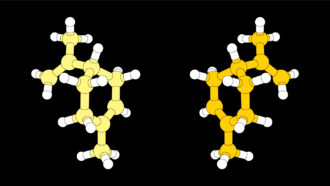 Chemistry
ChemistryChemists win Nobel Prize for faster, cleaner way of making molecules
Both scientists independently came up with new process — asymmetric organocatalysis. That name may be a mouthful, but it’s not that hard to understand.
-
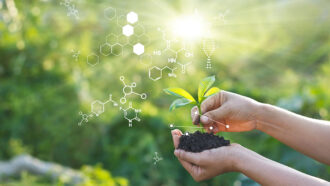 Chemistry
ChemistryExplainer: In chemistry, what does it mean to be organic?
These are molecules formed by combining carbon with other elements, especially hydrogen.
-
 Physics
PhysicsScientists Say: Plasma
In physics, plasma refers to one of the four states of matter. In medicine, plasma describes the part of blood that ferries cells, nutrients and more throughout the body.